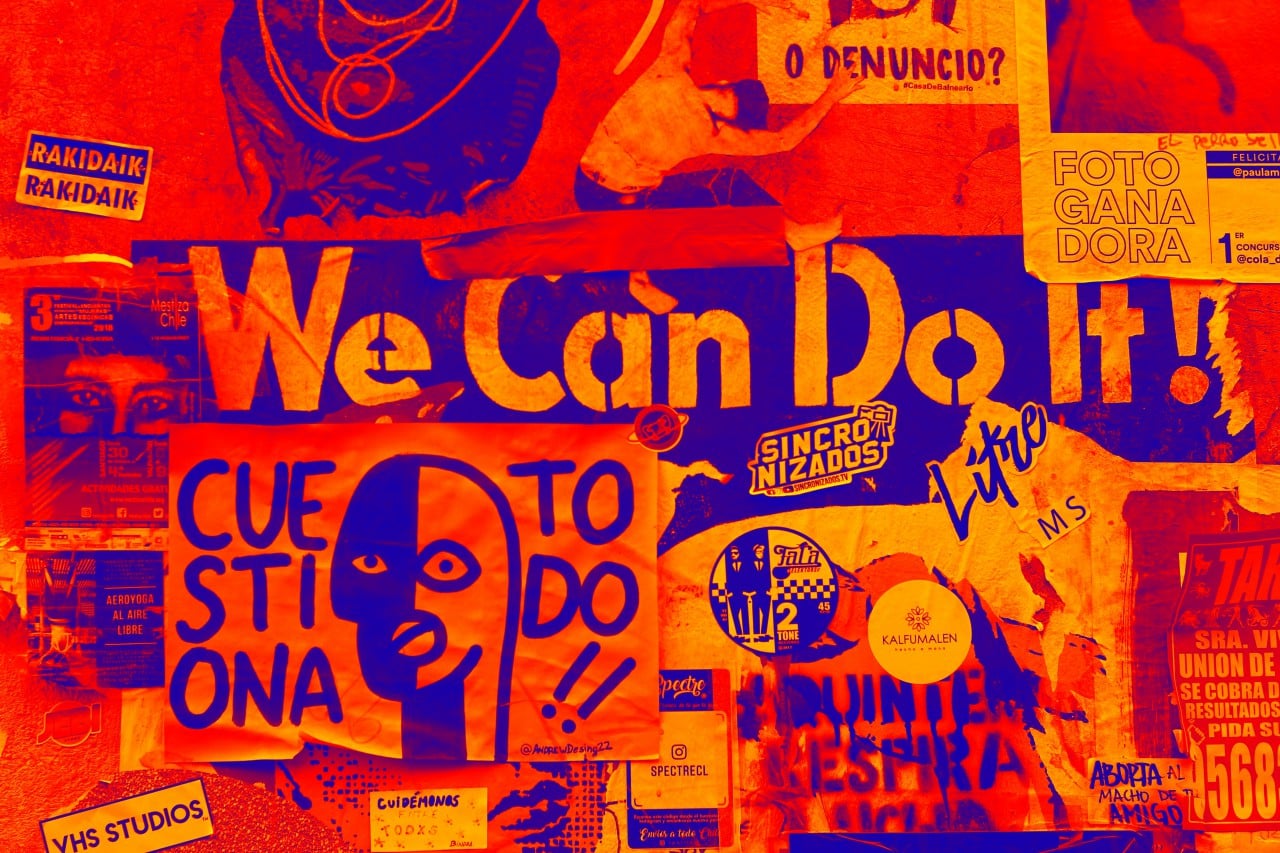Sue Dhillon is an Indian American writer, journalist, and trainer.
Anxiety is an emotional state caused by the expectation of danger or threat. It’s a basic human emotion associated with the instinct of self-preservation. Anxiety is your natural response to stress. However, if your feelings of anxiety are extreme and last long making your life uncomfortable, you may have an anxiety disorder. In this case you need to seek out professional help. Check out this post here for details on What Kind Of Therapist Do I Need?
What Causes Anxiety?
The main factors that provoke increased anxiety include loneliness, problems at work, relationship problems, health, toxic environment, and different types of conflicts. Our lifestyle has a big impact on mental health.
For example, we are more likely to experience anxiety if we constantly hang on the phone or watch the news on TV. Digital progress has certainly made our life faster and better, but we do pay for this comfort with an additional level of stress and fear.
First, try to revise your life habits minimizing activities that make you feel depressed and anxious. Walk more in the fresh air, read, do yoga, cook, crochet, build LEGO – whatever you find relaxing and giving your body mental peace and energy.
Below, let’s consider alternative ways to cope with anxiety
#1 DESCRIBE YOUR ANXIETY IN DETAILS
Anxiety often arises from uncertainty about some actions or feelings. To begin with, try to figure out what is causing your anxiety.
For example, you think that you may lose your job. Before you go into a panic, look at the facts: analyze the state of the market and the area in which your company works, estimate the workload and your tasks for the next month. Identify where this fear comes from. It’s better to do this in written form. This tactic applies not only to work but to any area associated with your anxiety.
Usually, this exercise helps to see the whole picture. If you understand that everything is under control, you can breathe out, if not, proceed with the detailing.
Describe a detailed plan of action that will help avoid uncertainty and suggest how to act in any potential situation. If we talk about the possibility to lose your job, you can try doing the following things to reduce your level of anxiety:
- Describe what skills you have and where they might come in handy. For example, proficiency in Illustrator or Photoshop, a driver’s license, copywriting skills, etc.
- Edit your CV and prepare some cover letters, just in case
- Make a list of vacancies starting with the most preferred activities to the least interesting
- Make a list of potential employers to whom you can offer your services. Write them emails
Such simple actions (that are actually not so simple) will help you feel more confident and have a plan for getting out of the crisis. Sometimes anxiety arises from the belief that you won’t be able to cope with some situations.
A visual picture of your thoughts and skills will make you believe in yourself, no matter the circumstances.
#2 Medical Cannabis as an Effective Alternative to Benzodiazepines
Medical marijuana is widely used in many U.S. states for treating anxiety disorders, despite the fact that anxiety itself is not recognized as a reason for prescribing marijuana. There are other health conditions that can co-occur with anxiety or be a reason for it.
So, what is the positive effect of marijuana on patients suffering from anxiety?
First, it positively affects GABA (it’s a neurotransmitter) levels that are responsible for emotional state and mood balancing.
Secondly, marijuana reduces the cortisol concentration in our bodies – another neurotransmitter linked to stress. Overall, people with anxiety disorders who use marijuana noted that it helps to:
- Calm the mind
- Restore the heart rate and blood pressure
- Balance extreme moods
- Improve sleep quality
Before using medical cannabis for anxiety, visit your mental health therapist. Or you can always consult online and get a medical marijuana card via telemedicine which is especially relevant during the coronavirus epidemic. Checkout Nirvana Naturals for awesome CBD products.
Photo taken from Unsplash
#3 Try Exposure Therapy
Exposure therapy is a common practice in behavior therapy that helps treat anxiety disorders. Basically, exposure therapy means exposing the patient to the anxiety source without causing any real danger.
Doing so can help the anxiety sufferers overcome their problems. It is important to understand that this is NOT a fight against a problem. The point is to acknowledge the existence of anxiety, instead of getting rid of it.
Don’t ignore what makes you feel anxious. Let’s imagine, for example, that in order to move up the career ladder, you need to learn English, but you haven’t even opened a textbook. This inability to start learning a new language lowers your self-esteem and increases anxiety about your success at work and in life.
What you need to do In such a situation is giving yourself a full day of rest or several days of vacation without worry or self-criticism. Then gradually come back to your activities: start with one page of English text a day or a five-minute video.
Gradually, you will accustom your body and mind to exercise and develop a habit. This is just an example of how you can use the idea of exposure therapy in your daily life. To work through more serious fears and problems, it is better to consult a professional exposure therapist.
#4 Make Yoga and Meditation a Part of Your Life
This may sound hackneyed, but these things are really effective. Yoga and meditation are faithful helpers in overcoming mental instability as well as the symptoms of depression and anxiety. The effect of meditation is comparable to antidepressants while being a more healthy solution with no side effects.
Yoga and meditation practices help switch your mind and focus on yourself. Breathing techniques improve blood circulation and accelerate the general metabolism. In combination with relaxation exercises, deep breathing is a good way to reduce nervous tension.
Photo taken from Unsplash
#5 GET ENOUGH SLEEP
It’s a well-known fact that a growth hormone responsible for the restoration of our body and nervous system is produced during sleep. Especially if you go to bed before 12 o’clock at night. The BBC television program “Trust Me I’m a Doctor” in collaboration with the University of Oxford conducted a small experiment on the effect of sleep on our psychological state.
The study involved people who have a deep sleep. During the experiment, the participants had to sleep for 8 hours in the first three nights (which is an average norm of sleep), and for the next three nights, they slept for 4 hours. Each day, they were answered questions to identify changes in their psychological state, behavior, and emotions.
The results showed that after two nights of bad sleep, negative emotions including aggression and irritation prevail. The study also demonstrates that insomnia is not always a consequence of mental disorders; usually it is one of the reasons for psychological problems.
#6 HAVE AN EMOTIONAL SUPPORT PET
Interaction (stroking, hugging, and touching) with animals whether it’s a dog, cat, horse, or other pet, reduces anxiety, strengthens the nervous system, and increases immunity. Pet therapy is used for the treatment and prevention of various health problems – from cardiovascular diseases to mental disorders.
You can get either an emotional support pet or a service dog, depending on your needs. The main thing that makes any pet a therapy animal is a friendly attitude and an emotional connection. Such pets help stabilize emotions, make you more relaxed and calm, develop self-confidence and socialization skills. In addition, pets relieve loneliness, help overcome insomnia, stimulate a more healthy lifestyle, and increase levels of the joy hormones oxytocin and endorphins.
Therefore, emotional support animals and service dogs are widely prescribed to lonely people or children diagnosed with ADHD or autism. Get to know how to get a certification for your animal allowing it living with you in the rented property.
Checkout out our very favorite therapy journals – click on the image below.

Takeaways
While there is no one-size-fits-all solution, the above-mentioned tips can significantly improve your health, reduce anxiety, and balance your mood. Yoga, meditation, good quality sleep should be the foundation of your routine.
It’s up to you to decide whether to take marijuana or other herbs to ease your anxiety symptoms. In many cases, they are really effective, but before using them, it is important to read more expert information on the topic and consult a specialist.
Checkout this post from our sister site – 7 Greatest Mental Health Talks
For more inspirational or self improvement reading check this out.




